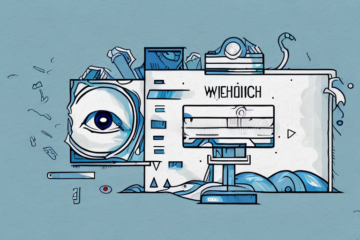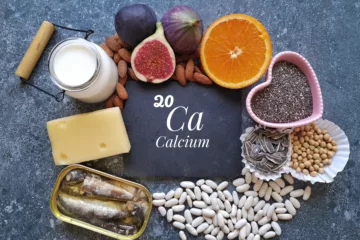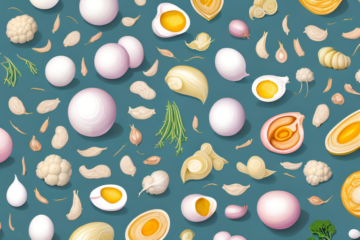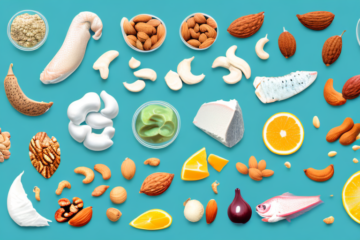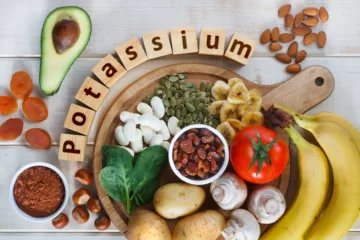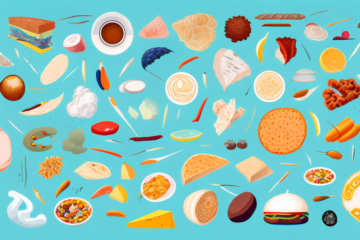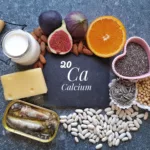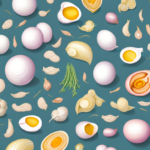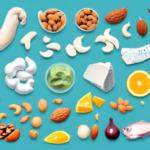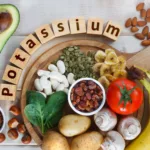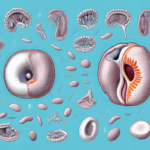Understanding Iodine Deficiency
Iodine deficiency is a common problem, affecting over 2 billion people worldwide. It is caused by a lack of iodine in the diet, which can occur due to soil depletion, poor dietary choices, or limited access to iodized salt. Iodine deficiency is more prevalent in developing countries, where access to nutrient-rich foods is limited. In the early stages, iodine deficiency may not cause any noticeable symptoms. However, as it progresses, it can lead to thyroid enlargement, weight gain, fatigue, depression, and cognitive impairment.

It is important to note that iodine deficiency can also have serious consequences during pregnancy. A lack of iodine can lead to miscarriage, stillbirth, and congenital abnormalities in the baby. It is recommended that pregnant women consume at least 220 micrograms of iodine per day to ensure proper fetal development. Additionally, breastfeeding mothers should also ensure they are getting enough iodine to pass on to their baby through breast milk.


